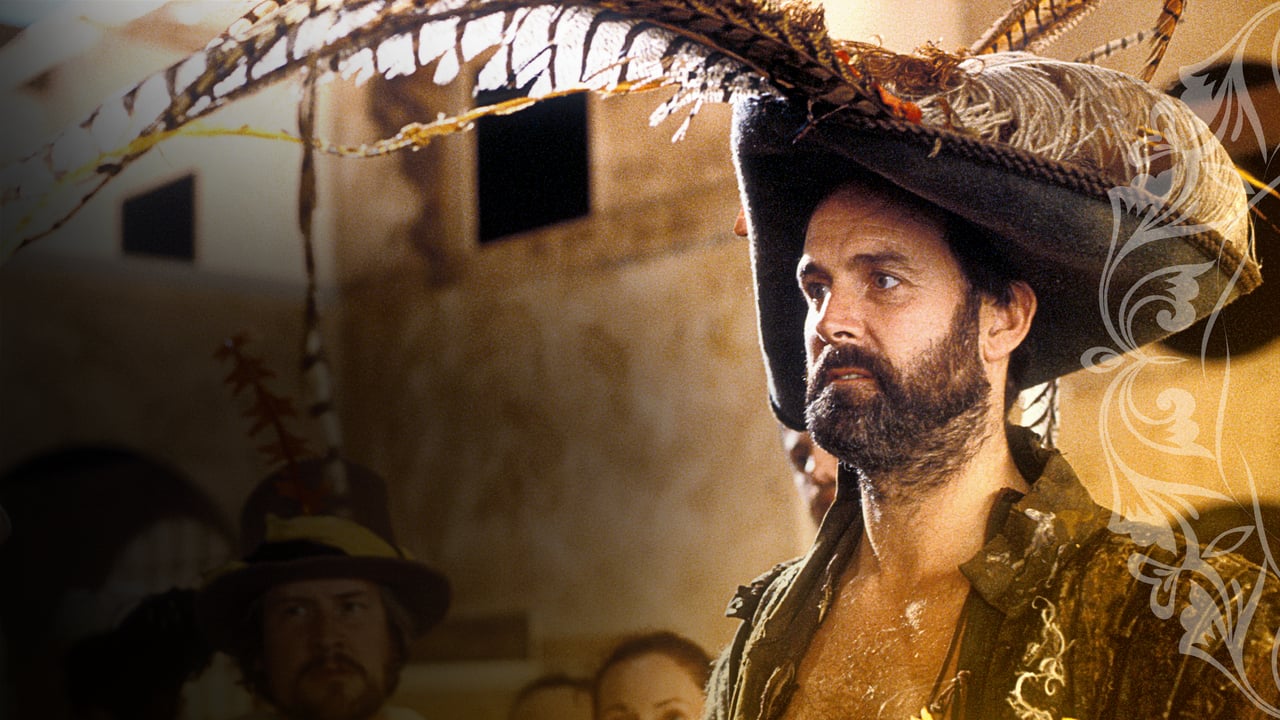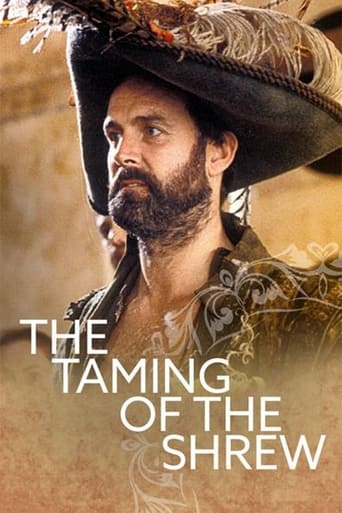

This "The Taming of the Shrew" directed by Jonathan Miller and starring John Cleese is probably as good as we'll ever get.William Ball's 1976 commedia dell'arte version with Marc Singer (shown on "Great Performances" and available on DVD) is fun, but perhaps too freewheeling. On the opposite end of the spectrum, Franco Zeffirelli's 1967 Taylor/Burton film is no fun at all.Miller and his excellent cast seem to hit the right note. A few of the actors do fall into that Shakespearean trap of reciting their lines as if they're in a race to finish, rather than speaking them normally. Most of the actors do a good job.The major flaw in this "Shrew" is that it abandons the Christopher Sly framing device, without which the play becomes impossible to understand. I suppose the Sly device tends to make the play-within-a-play a silly entertainment that cannot be taken seriously, while Miller's intentions seem to be to present the characters as real and believable as possible. Cleese's Petruchio comes off as thoughtful and heartfelt, while the Sly device perhaps forces a rambunctious, over-the-top performance, a la Marc Singer. It strikes me as curious that this "Shrew" can be presented as near-letter-perfect Shakespeare without Sly.Nevertheless, it's as good as possible, I suppose.
... View MoreA funny, fast-paced and thoroughly enjoyable production. All the actors are clear and well-spoken. They all add funny little unspoken touches to their lines, Cleese especially, so that there's a lot of physical comedy going on while the fast dialogue is crackling. A lot of talent went into this show, and it pays off.
... View MoreI recently studied this play in Brit Lit, and I definitely think that even though this version might be a little slower than the Zefferelli version, it is better. The Zefferelli version reverts back to the physical, cheap humor that Shakespeare obviously steers clear of, because in his day there were a number of those kinds of plays out there, but they were cheap, superficial plays. Also, Zefferelli leaves out the falcon soliloquey. I think that John Cleese is just a genius with comedy, and I am also a big fan of Frank Thorton. Besides that, I think that the makers of this film understood the real themes of Taming, and tried to portray them in the movie, as opposed to Zefferelli, who added extraneous things to make it more "amusing", but thus led it further away from Shakespeare's true meaning.
... View MoreThe first review of this production is right on. It's hard to believe that a cast member from "Beyond the Fringe" (Miller) and one of the great Python men (Cleese) could put together such a slow, unrewarding, uninteresting performance.
... View More